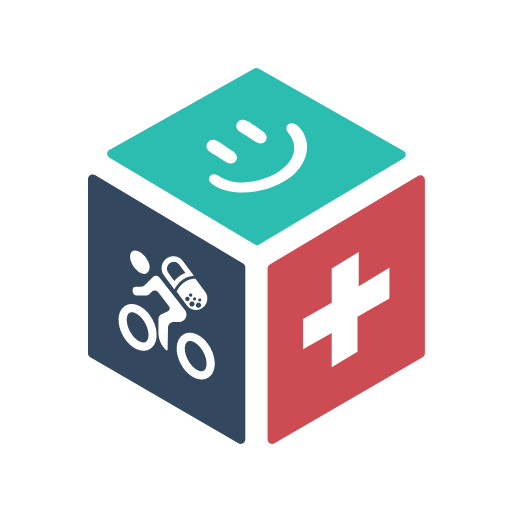Generic Information
FLUPHENAZINE + NORTRIPTYLINE
Fluphenazine & Nortriptyline is indicated in emotional disturbance, anxiety, tension, fatigue, depression, headache, sleep disorder, bodyache, gastric problems
Combined anxiolytics & anti-depressant drugs
Nortriptyline hydrochloride is a tricyclic antidepressant. Nortriptyline inhibits the uptake of norepinephrine and serotonin at nerve terminals. In contrast to its parent compound amitriptyline which is equally potent in inhibiting the uptake of norepinephrine and serotonin, Nortriptyline has a greater effect on norepinephrine reuptake than on serotonin reuptake. Fluphenazine is a tranquilizer of the phenothiazine type with piperazine side chain. Fluphenazine primarily acts as a neuroleptic drug whose main therapeutic effect is believed to reside in potent dopamine (specially D2 ) receptor antagonism.
Adult: One tablet three times daily. The course of the treatment should be limited to three months. If the patient does not respond after 4 weeks, an alternative treatment should be given. Children: Not indicated for the treatment of children. Elderly: Elderly patients should be started on one tablet twice daily. If one tablet three times a day required subsequently three tablets may be given.
Interactions with barbiturates, alcohol, and narcotic drugs may occur, so central depressants should be administered with caution.
It is contraindicated in : History of gradual epilepsy or organic brain damage Blood dyscrasia Severe cardiac insufficiency Renal or liver damage Patients taking monoamine oxidase inhibitor (MAOI) Younger children Hypersensitivity to any component of the preparation
Dryness of mouth, drowsiness, constipation, tachycardia, nasal congestion, blurred vision and excitement.
Do not use during pregnancy, especially in the first and last trimesters unless there are compelling reasons. There is no evidence as to drug safety in human pregnancy, nor are the results of animal studies conclusive. Breast feeding is not recommended for women receiving this combination.
Overdosage should be treated symptomatically and supportively. If the patient is conscious, prompt gastric lavage, dilution of the stomach contents to delay absorption, or stimulation of vomiting should be attempted. An open airway should be maintained. Extrapyramidal symptoms are amenable to anti-parkinsonian drugs. In severe hypotension, all the standard procedures for the management of circulatory shock should be substituted, e.g. vasoconstrictors and/or intravenous fluids. If vasoconstrictors are required, metaraminol, mephentermine or noradrenaline should be administered but not adrenaline, as this will further lower the blood pressure through interaction with the phenothiazine.
Patients with glaucoma, prostate enlargement, cardiac failure and myocardial infarction. The drug may impair alertness and abilities to drive a car or operating machinery.
Store below 258C. Protect from light & moisture.
